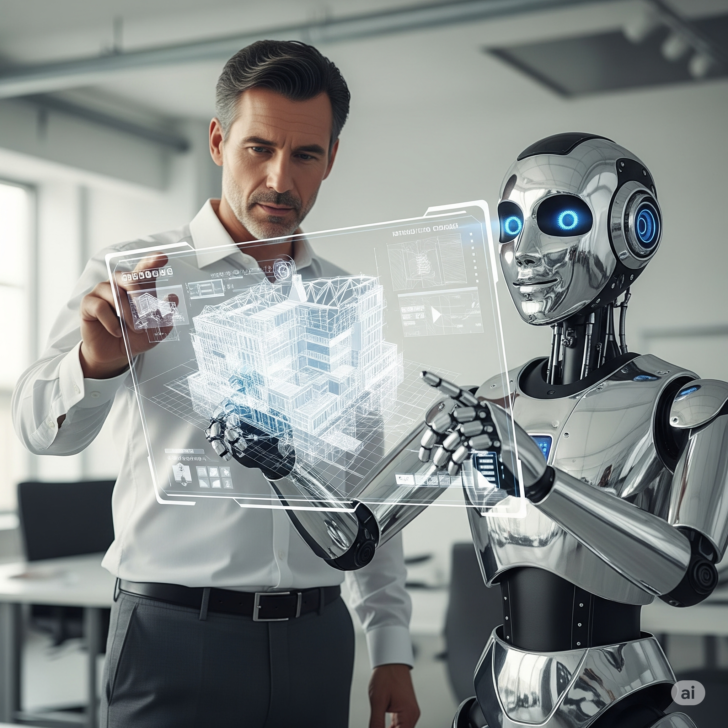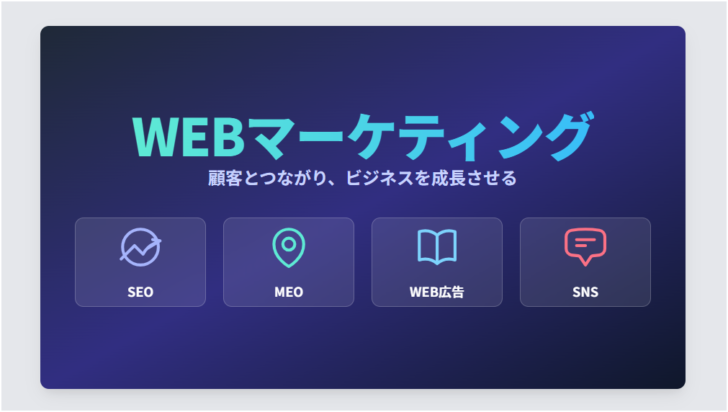
BLOG
2024年05月06日
有能と低能
~多様性と個性~
有能と低能という言葉は、個人の能力や知性を評価する際に使われますが、主観的な判断に基づくものであり、客観的な指標で定義されるものではありません。
能力には、知性、知識、技能、経験など様々な要素が含まれますが、どの要素を重視するかによって、有能の定義も変わってきます。
例えば、
- 学力が高い人を有能と考える人もいれば、
- 実践的なスキルが高い人を有能と考える人もいます。
また、特定の分野における能力と、一般的に求められる能力についても区別する必要があります。
例えば、
- 数学に秀でている人は、数学の分野においては有能と評価されるでしょうが、
- コミュニケーション能力が低い場合は、一般的には有能とは評価されないかもしれません。
このように、有能と低能は、様々な要素を総合的に判断して決めるものであり、一概に定義できるものではありません。
個性と多様性は、有能と低能を考える上で重要な概念です。
個性とは、一人ひとりが持つ独特の特徴を指します。能力も個性の一つであり、人それぞれ異なる能力を持っています。
多様性とは、様々な違いを認めることです。能力も多様であり、人それぞれ異なる能力を持つことが重要です。
有能と低能という言葉を 固定的な概念として捉えると、個性の尊重や多様性の理解を妨げる可能性があります。
大切なのは、個人の能力を 多角的に評価すること、そしてそれぞれの個性を尊重することです。
能力は生まれつき決まるものではなく、努力によって伸ばすことができます。
誰もが 潜在的に 高い能力を持っています。
個性を尊重し、多様性を理解することで、すべての人が 自分らしさを発揮し、能力を最大限に発揮できる社会を作ることが重要です。
伸びる能力と伸びない能力
能力は、生まれつきのものと、後天的に習得するものがあります。
生まれつきの能力には、
- 知能
- 身体能力
- 感覚能力
などがあります。
これらの能力は、遺伝や環境によってある程度規定されています。
しかし、後天的な努力によって伸ばすことも可能です。
後天的に習得できる能力には、
- 知識
- 技能
- 経験
などがあります。
これらの能力は、学習や経験によって伸ばすことができます。
一般的に、後天的に習得できる能力は、伸びる能力と**呼ばれます。
伸びる能力には、
- 学力
- 運動能力
- 芸術的能力
- コミュニケーション能力
などがあります。
これらの能力は、適切な指導と練習によって大きく伸ばすことができます。
一方、生まれつきの能力は、伸びない能力と呼ばれることもあります。
しかし、努力によってある程度 伸ばすことは可能です。
例えば、
- 知能は、学習や経験によって伸ばすことができます。
- 身体能力は、トレーニングによって伸ばすことができます。
- 感覚能力は、訓練によって伸ばすことができます。
能力の伸びには、個人差があります。
同じ能力でも、人によって伸び方が異なるのは当然です。
大切なのは、自分の能力を過小評価したり過大評価したりすることなく、客観的に評価することです。
そして、自分の能力を伸ばすために、努力を続けることです。
努力は、必ず 成果につながります。
諦めずに 努力を続ければ、どんな能力でも伸ばすことができます。
Competence and incompetence: Relationship with diversity and individuality
The terms "competent" and "incompetent" are used to evaluate
an individual's abilities and intelligence, but they are based on subjective judgments and are not defined by objective indicators.
Competence includes various elements such as intelligence, knowledge, skills, and experience, but the definition of competent will change depending on which element is emphasized.
for example,
Some people consider people with high academic ability to be competent;
Some people consider people with good practical skills to be competent.
It is also necessary to distinguish between competencies in specific fields and competencies that are generally required.
for example,
People who excel in mathematics will be evaluated as competent
in the field of mathematics, but
If your communication skills are poor, you may not be evaluated
as ****competent in general.
In this way, competent and incompetent are determined by
comprehensively evaluating various factors, and cannot be defined
in a general manner.
Individuality and diversity are important concepts when considering competence and incompetence.
Personality refers to the unique characteristics that each person has. Ability is also a part of individuality, and each person has different abilities.
Diversity means recognizing different differences. It is important that different people have different abilities.
If we view the terms "competent" and "incompetent" as fixed concepts, it may hinder respect for individuality and understanding of diversity.
The important thing is to evaluate each person's abilities from multiple perspectives** and to respect each person's individuality**.
Ability is not something you are born with, but can be developed through effort.
Everyone has high potential.
By respecting individuality and understanding diversity, it is important to create a society where all people can express their individuality and maximize their abilities.
Ability to grow and not grow
Some abilities are innate and some are acquired.
Innate abilities include
intelligence
physical ability
sensory ability
And so on.
These abilities are determined to some extent by genetics and environment.
However, it is also possible to develop it through acquired efforts.
Abilities that can be acquired include:
knowledge
Skill
experience
And so on.
These abilities can be developed through learning and experience.
Generally, abilities that can be acquired are called abilities that develop.
The ability to grow is
academic ability
Exercise capacity
artistic ability
communication ability
And so on.
These abilities can be greatly developed with proper instruction and practice.
On the other hand, innate ability is sometimes referred to as ability that cannot be developed.
However, it is possible to increase it to some extent with effort.
for example,
Intelligence can be developed through learning and experience.
Physical abilities can be improved through training.
Sensory abilities can be developed through training.
There are individual differences in the growth of ability.
It is natural that the same ability will develop in different ways depending on the person.
The important thing is to evaluate your abilities objectively, without underestimating or overestimating them.
And continue to make efforts to improve your abilities.
Effort always leads to results.
If you keep trying and don't give up, you can develop any ability.











